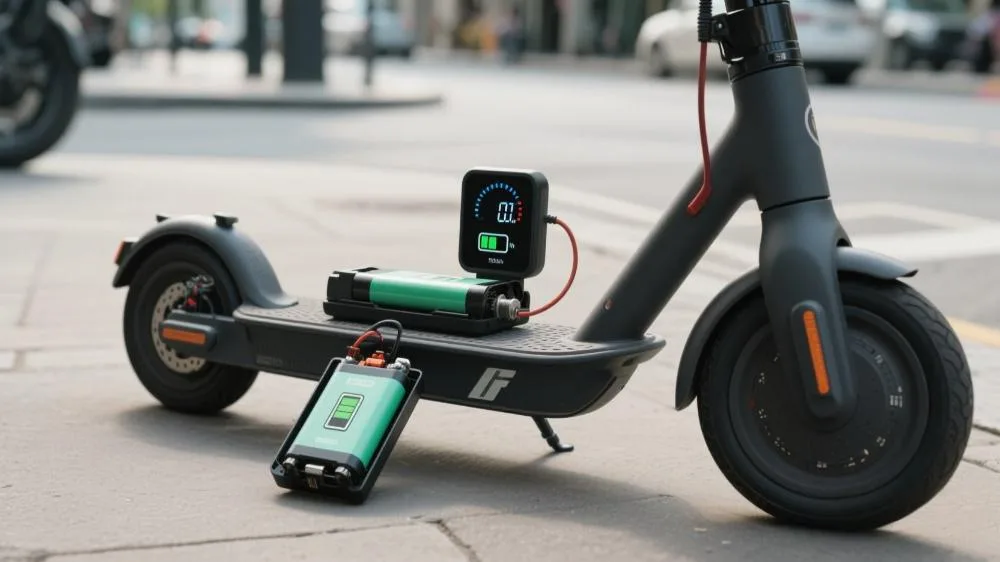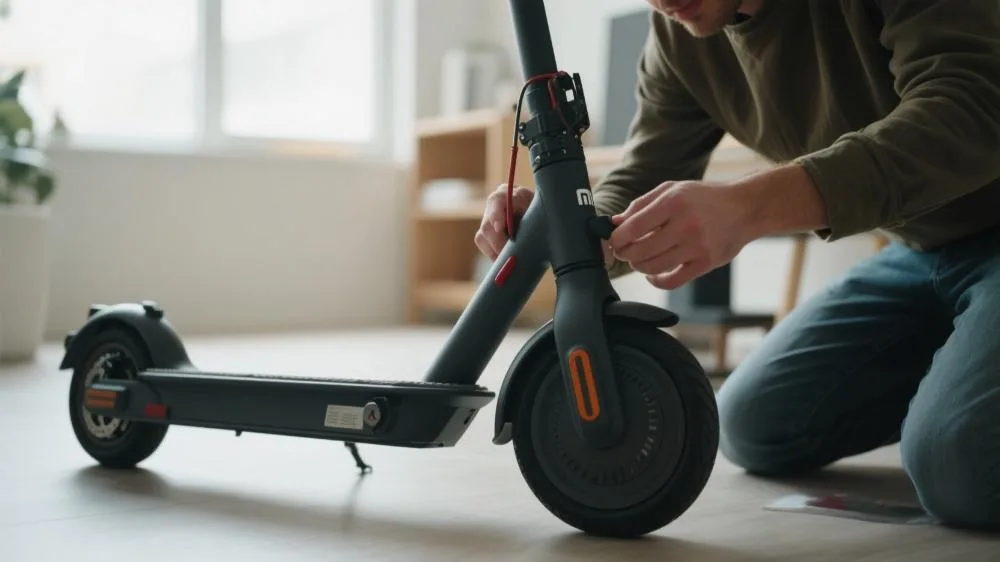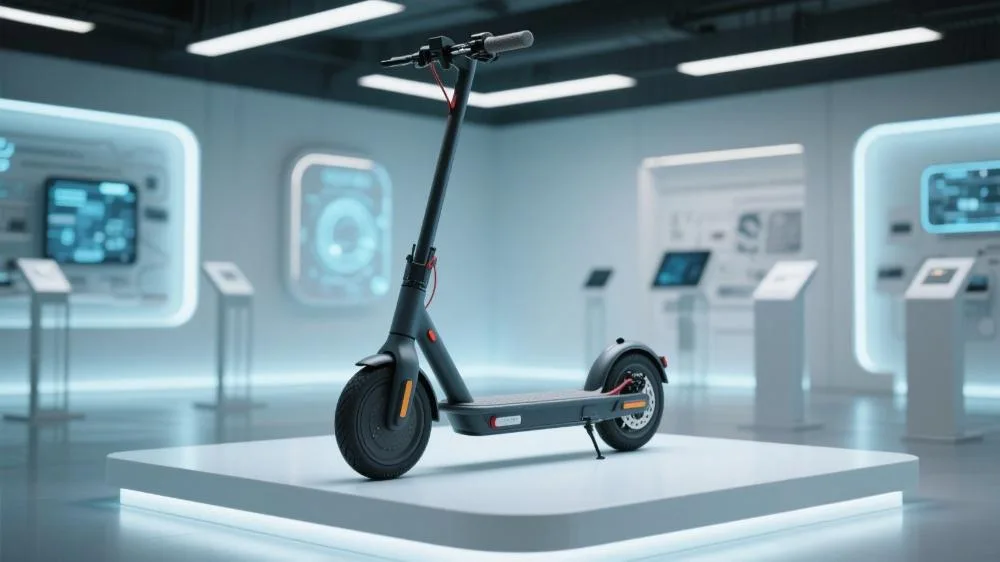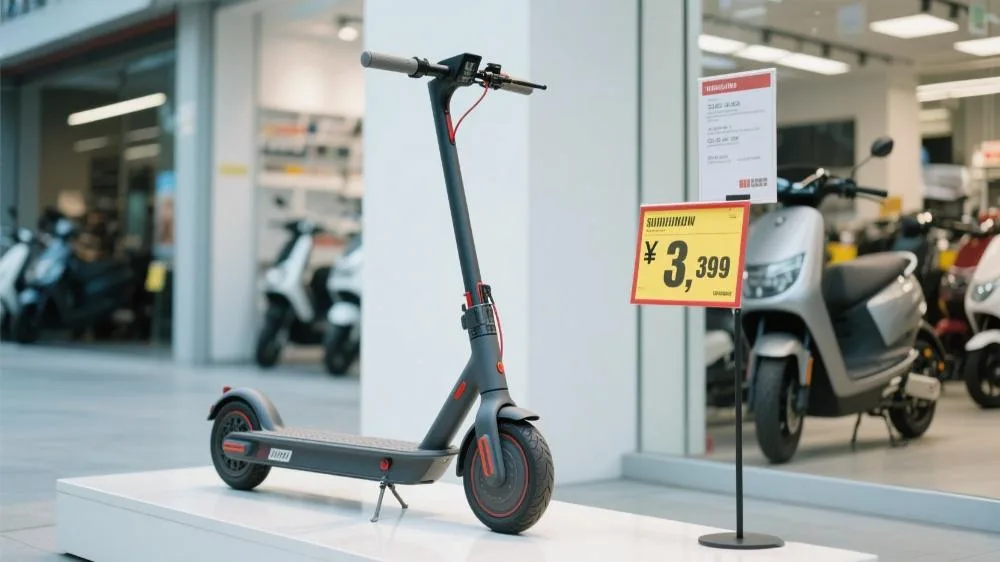how long do e-scooter batteries last
When London commuter James noticed his e-scooter’s range dropping from 35km to under 20km, he realized the importance of proper battery maintenance. How long do e-scooter batteries last? According to the EU New Energy Vehicle Agency’s 2025 report, average battery lifespans in Western markets show significant variation: lithium-ion batteries typically endure 500-800 full charge cycles (approximately 2-3 years) under normal conditions, while emerging solid-state technology promises up to 1,200 cycles (4-5 years). Real-world testing by professional content platform novascooter reveals five primary lifespan factors: charging habits (35% impact), ambient temperature (25%), depth of discharge (20%), battery management systems (15%), and maintenance practices (5%). The International Battery Research Association’s 2025 whitepaper identifies three dominant battery technologies: conventional lithium-ion (72% market share), lithium iron phosphate (18%), and experimental solid-state (10%). MIT Energy Lab’s longitudinal study of 2,000 battery samples found that optimal charging practices can extend battery life by 40%, while improper use accelerates annual capacity loss to 35%. Cambridge University’s 2025 consumer survey uncovered a critical insight: 81% of buyers overestimate battery longevity initially, yet only 43% understand basic maintenance principles. Battery Technologies & Performance Characteristics 1. Mainstream Battery Comparisons 1.1 Lithium-Ion (Li-ion) Batteries Key Longevity Metrics: Performance Profile: 1.2 Lithium Iron Phosphate (LiFePO4) Durability Advantages: Technical Trade-offs: Parameter Strengths Limitations Energy density Superior safety 30% lower than Li-ion Temp range Stable -20℃ to 60℃ Poor cold performance Cost Long-term economy 15-20% higher upfront 2. Emerging Battery Technologies 2.1 Solid-State Batteries 2025 Breakthroughs: 2.2 Silicon-Anode Batteries Innovation Focus: Critical Lifespan Factors 1. Usage Pattern Analysis 1.1 Charging Practices Optimal Methods: Damaging Behaviors: 1.2 Environmental Adaptation Temperature Effects: Temp Range Performance Change Lifespan Impact <0℃ 40% capacity drop 50% cycle reduction 0-25℃ Optimal range Minimal degradation 25-40℃ 15% efficiency loss 20% faster aging >40℃ Danger threshold Irreversible damage 2. Maintenance Essentials 2.1…









